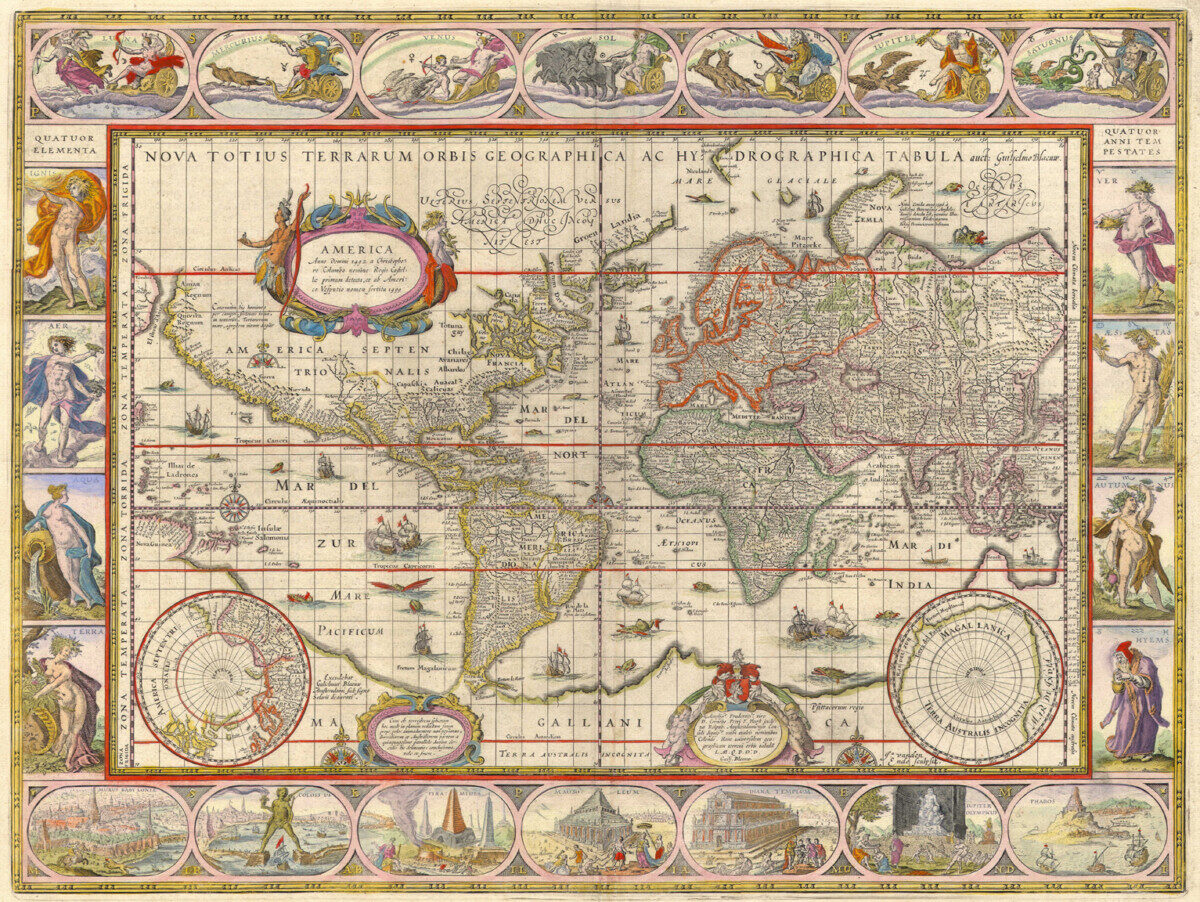The episode “Take On Complex Problems” covers the story of Betselot Wondimu, a student from Ethiopia who started as a pre-med student in college but later switched to an anthropology major in college. In the podcast, Wondimu addresses his how transitioned into an anthro major in order to address implement the systemic changes he envisioned in the world and how his trips to Ethiopia influenced his overall interests and goals for his career. As a pre-med major myself, I can attest that sometimes I have felt gravitated to other disciplines and fields due to my significant interest in them. Although I can’t say that I have changed my overall trajectory for my career, I do believe the courses of I have took in humanities have been helpful for my overall growth and specifically for the long-term goal for being a doctor. For example, being able to analyze art, and Baroque art specifically, has led to a better understanding of how people throughout the world approached medicine during that period on how their practices for addressing illness could be used to better understand how to improve patient outcomes for patients dealing with diseases that are rare or poorly understood. In addition, humanities courses have provided me a better understanding of how to better holistically understand the problems patients may face. For example, in a religion class I recently took it addressed the confluence between religion and social media; in the class, one of the case studies addressed was over the spread of misinformation with regards to treatments and medicine, especially during the pandemic. By understanding the perspective of how patients might be vulnerable to misinformation about specific treatments online, physicians can be address those concerns with their patients in a way that validates their concerns while also being unambiguous about the effectiveness of reliable treatments. By doing so, doctors can address their patients concerns early on and can strengthen the trust their patients have for them.
A Digital Resource
